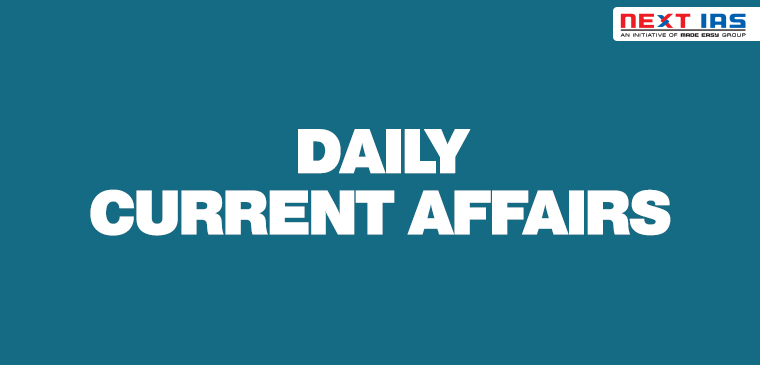
In News
Recently, the Government of India has asked the refiners to review their contracts for buying crude oil from Saudi Arabia and negotiate more favourable terms.
- India, the world’s third-largest consumer of oil, hopes to use the might of its market to change the terms of engagement with big suppliers.
Background
- Oil producers cartel Organization of the Petroleum Exporting Countries (OPEC) output cut to boost oil prices has been the main cause of tensions between India and Saudi Arabia.
- When oil prices started to rise in February, India wanted Saudi Arabia to relax output controls however, it was not taken note of.
- Saudi and its allies ignored India’s call to increase supply, prompting Indian refiners to discuss the possibility of taking less oil.
Concerns
- India imports 85% of its oil needs and is often vulnerable to global supply and price shocks.
- Traditionally, Saudi Arabia and other OPEC producers have been India’s main suppliers of crude oil, however, their terms have often been loaded against the buyer.
- The Middle East accounts for 60% of all oil bought by India while Latin America and Africa are the other big supplier blocks.
- India buys two-thirds of its purchases on term or fixed annual contracts, which provide assured supplies of the contracted quantity but the pricing and other terms favour only the supplier.
- While buyers have an obligation to lift all of the contracted quantity, producers have the option to reduce supplies in case OPEC decides to keep production artificially lower to boost prices.
- Also, the buyer has to indicate at least six weeks in advance of their intention to lift quantity out of the annual term contract in any month and has to pay an average official price announced by the producer.
- Saudi and other OPEC suppliers insist on selling at their official selling price only.
- In an ideal market, the pricing should be of the day when the loading is taking place. That way the buyer gets the advantage of any drop in international oil rates but that is not the case.
Latest Directives
- In order to break OPEC’s dictating pricing and contractual terms and also for diversification of the supply base, the government has asked the refiners to look for more options and review contracts carefully.
- The government has told Indian Oil Corporation (IOC), Bharat Petroleum Corporation Limited (BPCL) and Hindustan Petroleum Corporation Limited (HPCL) to look for oil supplies from outside the Middle East region and use collective bargaining power to get favourable terms.
- Indian refiners will look to reduce the quantity they buy through term contracts and instead buy more from the spot or current market.
- Buying from the spot market would ensure that India can take advantage of any fall in prices on any day and book quantities.
- Indian refiners have raised spot purchases from 20% a decade back to 30-35% of the total oil bought now.
- India will buy oil when it gets favourable terms, choice of time of supply, flexibility of price and quantity (ability to reduce or increase) and surety of supplies.
- Purchase contracts with Saudi permit refiners to vary volumes by month but the overall annual commitment must be honoured.
- Indian refires should explore more options in other markets like Latin America and Africa.
- In recent months, India has bought more oil from the US and from newer sources such as Guyana, which has a large Indian diaspora.
|
Organization of the Petroleum Exporting Countries (OPEC)
|
Source: TH


